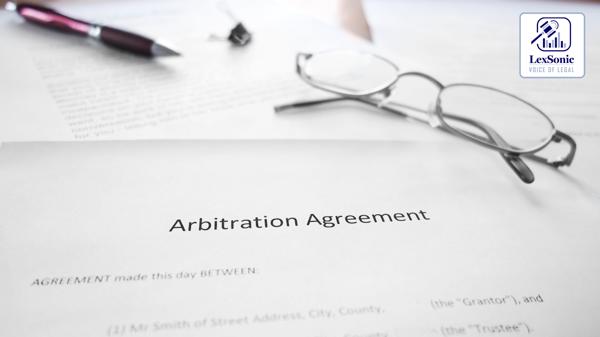Garage Rights in Redevelopment: Bombay High Court Upholds Tenant Possession.
01 April 2025
Property Law >> Personal Law | Residential Rent Agreements >> Personal Law
In a significant ruling on April 1, 2025, the High Court of Judicature at Bombay, in the case of Ambit Urbanspace v/s Poddar Apartment Co-operative Housing Society Limited & Others, addressed a complex dispute concerning the rights of tenants over garage spaces during the redevelopment of a co-operative housing society. The judgment, delivered by Justice Somasekhar Sundaresan in Commercial Arbitration Petition (L) No. 38696 of 2024, declined to grant interim relief to the developer, affirming the tenants' continued possession of their garages for their historical and established uses.
The Core of the Dispute:
The petition was filed under Section 9 of the Arbitration and Conciliation Act, 1996, by Ambit Urbanspace, a developer engaged in the redevelopment of the Poddar Apartment Co-operative Housing Society. The developer sought to vacate certain tenants from their garages, arguing that these spaces were intended solely for parking vehicles and that their continued use for other purposes, such as residences or commercial activities, was unauthorized and impeded the redevelopment project.

However, the tenants countered that they had been using these garages for purposes other than mere vehicle parking—some as residences, others for commercial activities like shops or offices—for decades, with the full knowledge and implicit consent of the society and previous landlords. They argued that these garages were effectively part of their tenancies, irrespective of the formal description in various agreements.Key Arguments and Court Observations:
The developer contended that these "garage tenements" were illegal encroachments and that the tenants were enjoying larger areas than they were legally entitled to, thereby hindering the redevelopment plan which aimed to provide equivalent parking spaces to all members. The society, in line with the developer, also expressed a desire to remove the tenants for the "larger good" of the majority of its members.
Justice Sundaresan, however, adopted a pragmatic and equitable approach. The court noted that the long-standing use of these garages for non-parking purposes by the tenants was a known fact to the landlords and the society for many years. The court highlighted the principle that one cannot "pretend" that tenants had a right to only park vehicles when, for years, the garages had been used for vastly different purposes.
The court observed that the tenants were not parties to the Development Agreement between the developer and the society, and therefore, could not be bound by its terms. Granting the developer's request for interim relief would have effectively dispossessed the tenants from spaces they had occupied for a significant period, despite the society's stated intentions or the developer's plans.
The Verdict and Its Implications:
Ultimately, the Section 9 Petition was disposed of without granting any relief to the developer. The court directed the Developer and the Society to ensure the safety and continued free independent access to the subject garages during the course of redevelopment. The judgment explicitly stated that the tenants, not being bound by the Development Agreement, could not be compelled to comply with it.
This ruling underscores the judiciary's careful consideration of established tenant rights and long-standing practices, even in the face of urban redevelopment projects. It emphasizes that developers and societies must account for existing realities and the rights of all occupants, particularly when those rights have evolved over time with implicit acceptance. The decision serves as a reminder that redevelopment cannot unilaterally override the settled positions of tenants, especially when their possession has been acknowledged and tolerated for a considerable duration. The court also encouraged parties to find mutually agreeable resolutions to their stand-off.
Section 24, Indian Contract Act - 1872
Arbitration and Conciliation Act, 1996
